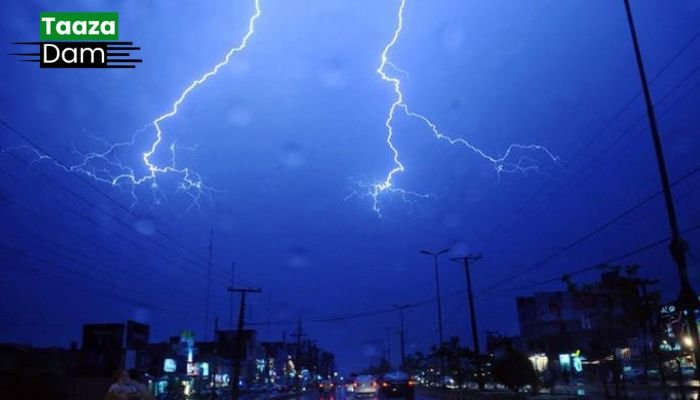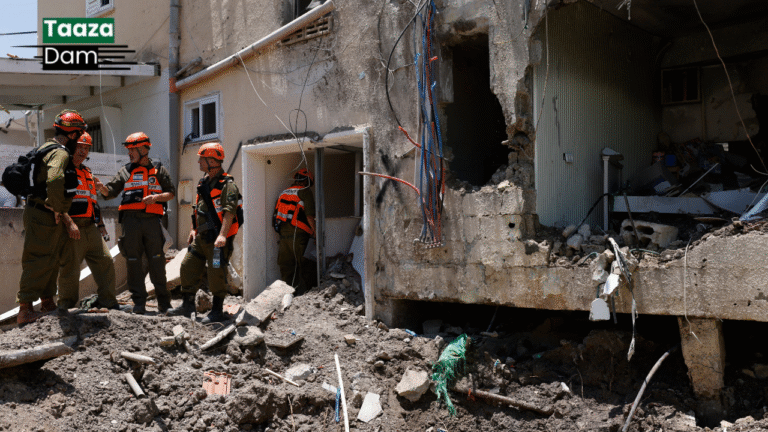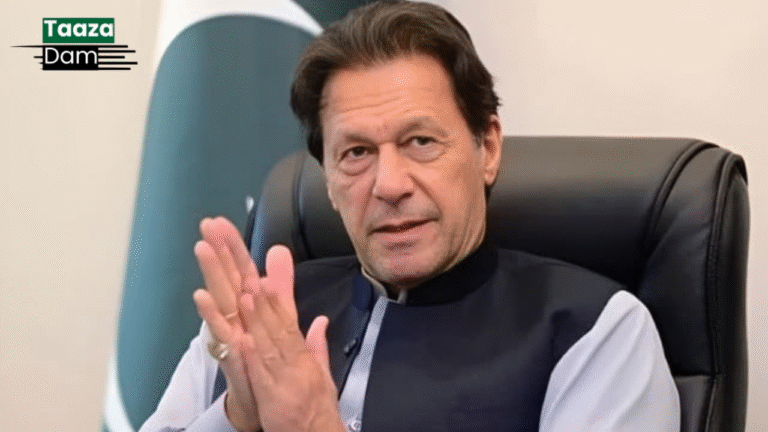U.S. Joins Israel-Iran Conflict: What’s Next for the Middle East?

The Middle East is once again at the center of global attention as the United States officially intervenes in the ongoing conflict between Israel and Iran. This significant move has raised serious concerns about regional stability and the risk of a broader war.
Rising Tensions in the Middle East
The confrontation between Israel and Iran has intensified over recent months, following a series of airstrikes, proxy attacks, and cyber operations. Both nations have exchanged harsh warnings and retaliatory actions, with neighboring countries caught in the crossfire.
With the U.S. now stepping in, military analysts warn that the conflict could rapidly escalate beyond the borders of the two main players, affecting the entire Middle East.
Why Did the U.S. Enter the Conflict?
Washington’s decision to intervene came after a series of missile attacks reportedly targeting American military bases and allied positions in the region. U.S. officials have stated that their involvement aims to:
- Protect American interests and personnel
- Support Israel, a long-time strategic partner
- Prevent Iran from gaining regional dominance through militant proxies
The White House emphasized that while military action has been taken, the U.S. remains committed to avoiding a full-scale war in the region.
How Are Middle Eastern Countries Reacting?
Many Middle Eastern governments have expressed grave concerns over the U.S. involvement:
- Saudi Arabia and the UAE have called for immediate de-escalation
- Turkey condemned the widening conflict, warning of humanitarian disasters
- Lebanon, Iraq, and Syria fear that their territories could become battlegrounds for proxy warfare
Public protests have also erupted in several countries, with citizens demanding their governments stay neutral.
Global Implications of the Escalation
This conflict’s impact reaches beyond the Middle East. The global oil market has already shown signs of volatility, with crude prices rising sharply. International investors are worried about disruptions in shipping routes and supply chains, particularly through the critical Strait of Hormuz.
Additionally, world powers like Russia, China, and the European Union have urged restraint and called for emergency diplomatic negotiations to prevent a global crisis.
What’s Next for the Middle East?
Experts predict several possible scenarios:
- A brief but intense military confrontation, followed by international mediation
- Widening proxy battles across Lebanon, Syria, and Iraq
- Disruptions in global oil supply and economic instability
- Potential diplomatic breakthroughs if global powers intervene swiftly
For now, the region remains on high alert, with both militaries mobilized and civilians bracing for the worst.
📌 Conclusion
The U.S. involvement in the Israel-Iran conflict marks a dangerous new phase for the Middle East. With regional powers on edge and global markets reacting, the coming days will be critical in shaping the future of Middle Eastern security and international diplomacy.






